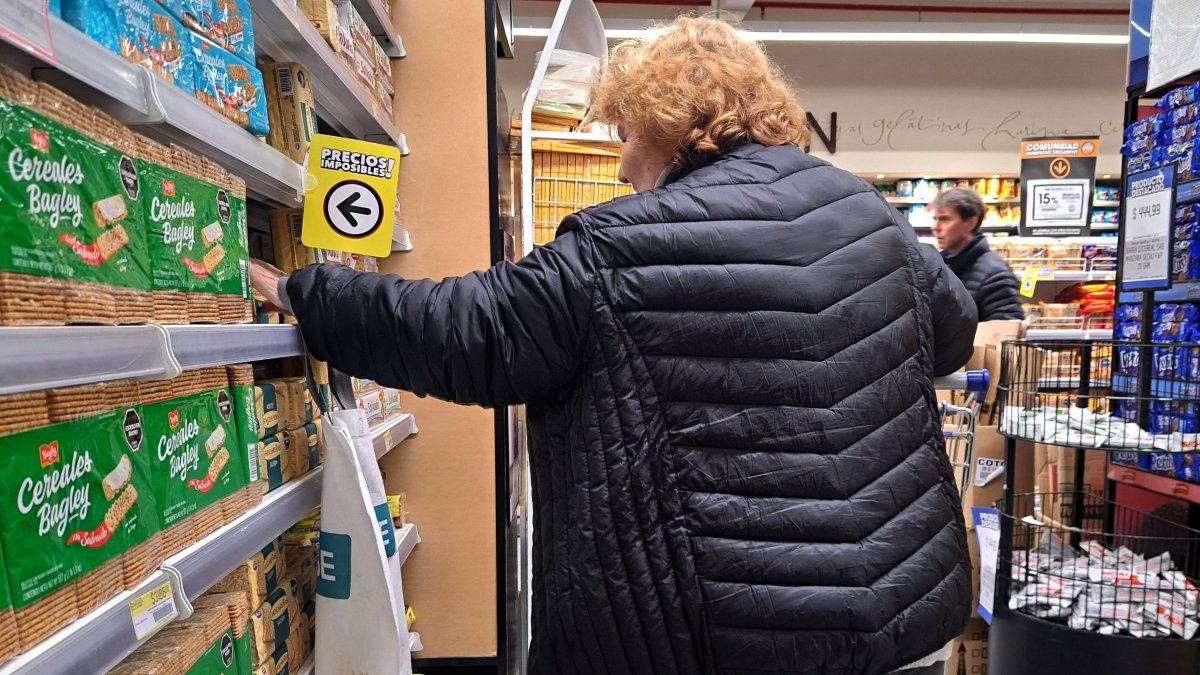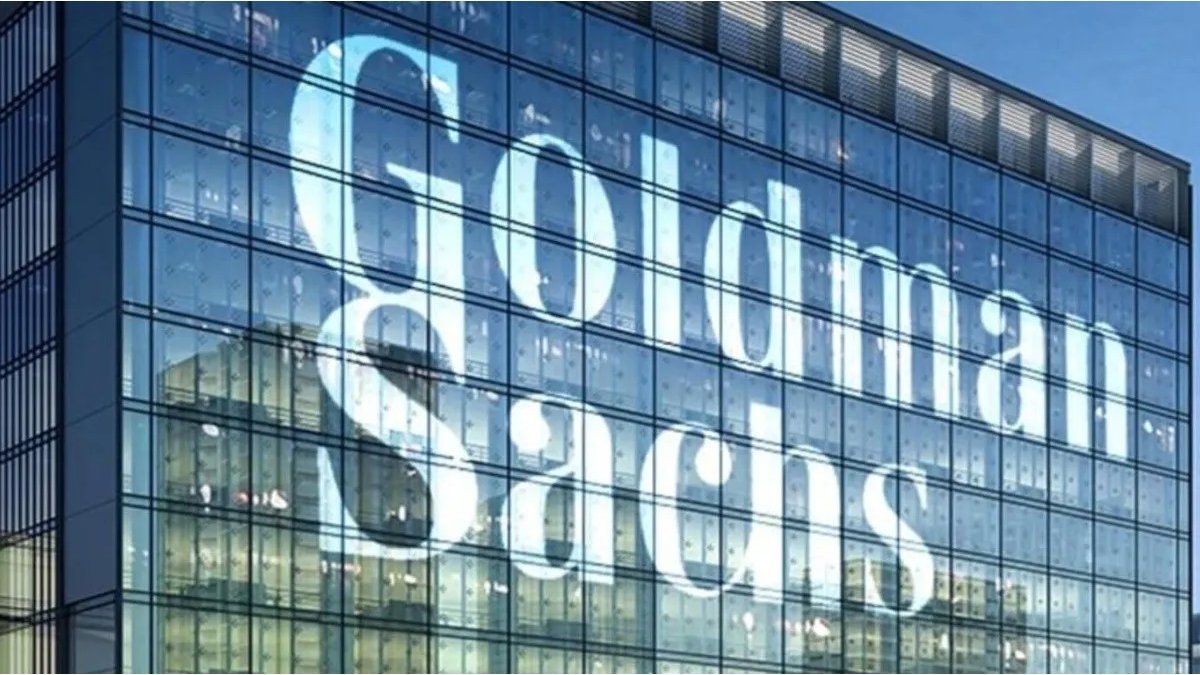Image: Mitja Kobal / Greenpeace

Image: Mitja Kobal / Greenpeace
For the Market check The environmental organization Greenpeace set out to find soaps, shower gels and shampoos that are produced in an environmentally friendly and resource-saving manner. However, the NGO rarely found what they were looking for on the shelves of local supermarkets and drugstores; only eight percent of the products were classified as recommended because they were environmentally and health-friendly.
According to the market check, a total of 400 shampoos were found on the shelf of a drugstore, some of them were advertised as “organic”, “natural” or “with plant-based active ingredients”, which, however, is rarely a reliable classification in the world of personal care products – despite diversity, there was a loud lack the NGO has trustworthy quality marks.
The terms “organic” and “natural” in cosmetics are not regulated
“Consumers can orientate themselves on independent quality marks,” Lisa Panhuber, spokeswoman for Greenpeace, was quoted as saying, because the terms natural cosmetics and organicCosmetics In contrast to food, they are not regulated in EU legislation. According to the NGO, standards should also be defined in this area. “Consumers must be able to rely on what is labeled ‘green’ when shopping Cosmetics actually offers added value for the environment. Wherever it says ‘natural’ and ‘organic’ on it, it has to be there,” demanded Panhuber.
Certified natural cosmetics should therefore be made from natural raw materials and free from genetically modified or petroleum-based ingredients. According to the environmental organization, conventional cosmetic products often contain hormonally active parabens as preservatives and potentially carcinogenic artificial musk fragrances.
Plastic-free and in solid form
Greenpeace recommends natural cosmetics in solid form that use less and mostly plastic-free packaging. Since the products hardly contain any water, weight and thus also CO2 are saved during transport. organicCosmetics According to the NGO, it is recommended because at least 90 percent of the plant ingredients come from organic farming.

Image: Mitja Kobal / Greenpeace
With over 60 percent of sales, drugstores are considered the most important sales channel Cosmetics and personal care products in Austria, it said, citing information from “Cosmetics-Transparent”, an information platform for branded cosmetics manufacturers. The dm chain performed best here in the market check. The food retail sector follows in terms of sales with around 20 percent, where MPreis from Tyrol emerged as the best provider.
My themes
For your saved topics were
new articles found.

info By clicking on the icon you can add the keyword to your topics.
info
By clicking on the icon you open your “my topics” page. They have of 15 keywords saved and would have to remove keywords.
info By clicking on the icon you can remove the keyword from your topics.
Add the topic to your topics.
Source: Nachrichten




